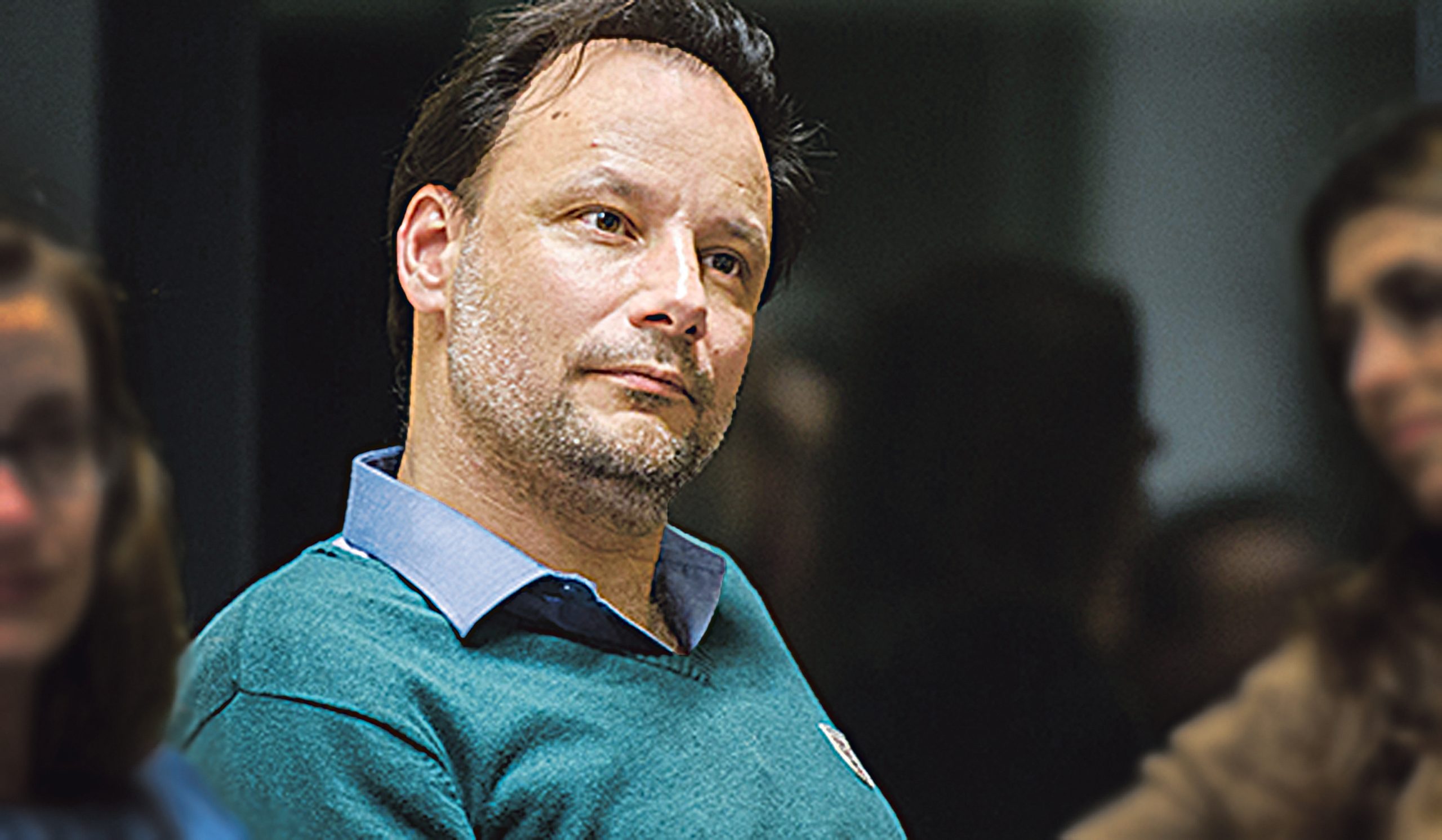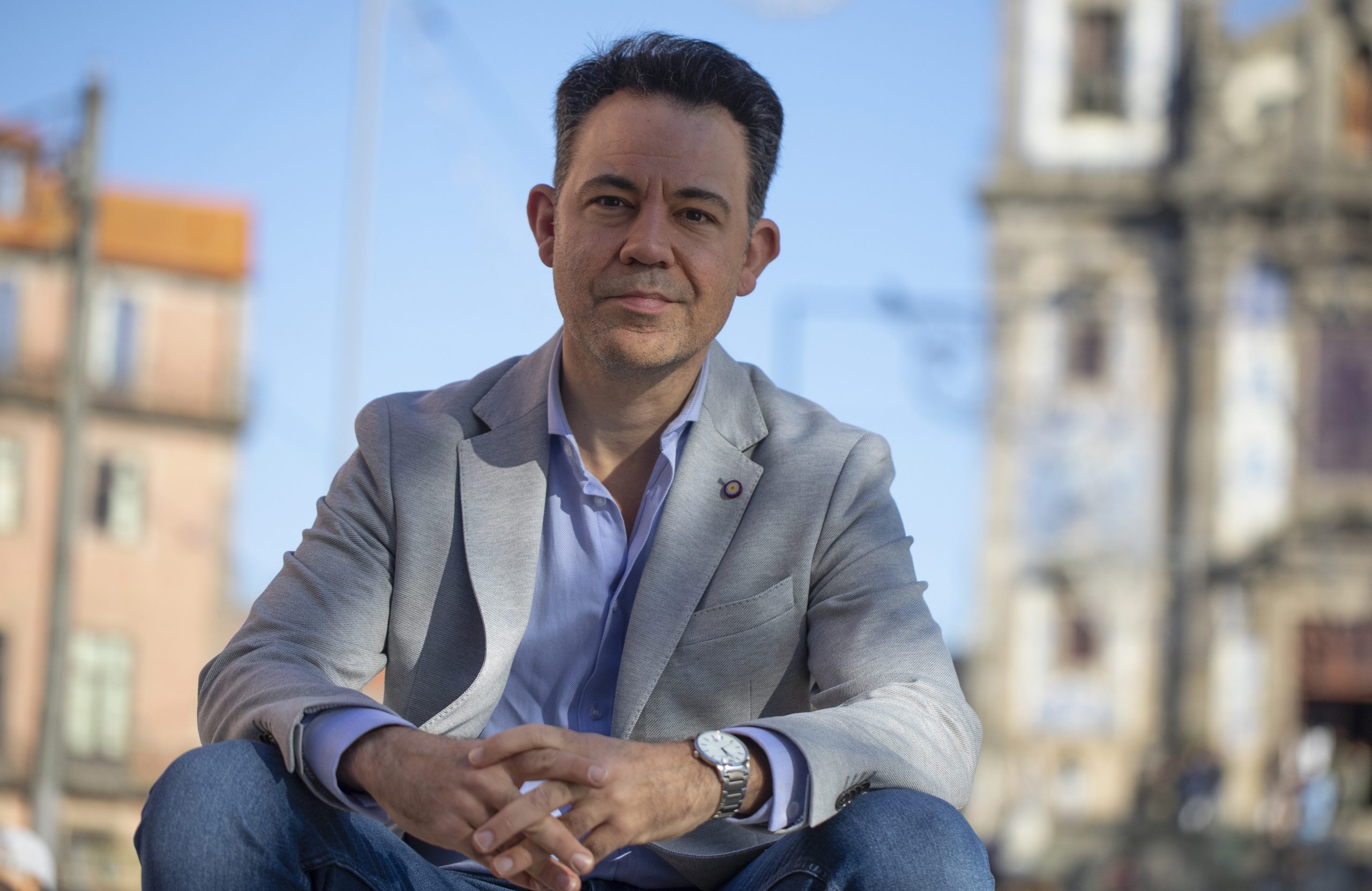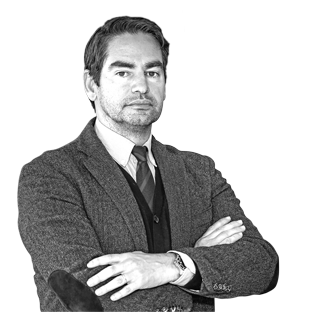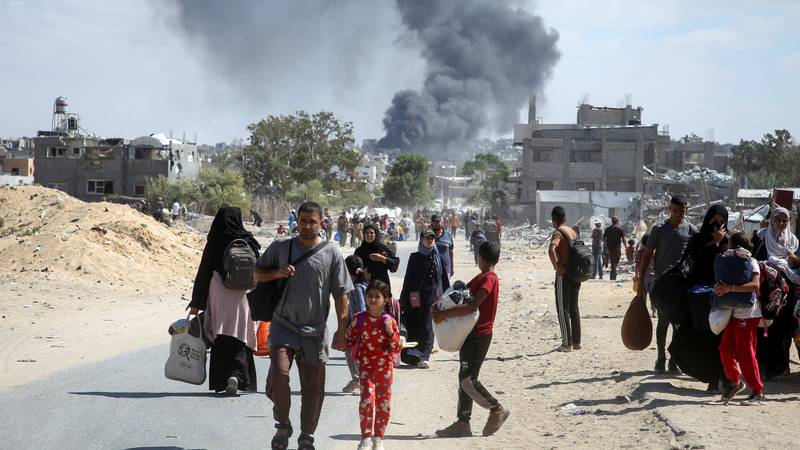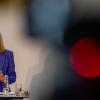Freemasonry, health and artificial intelligence
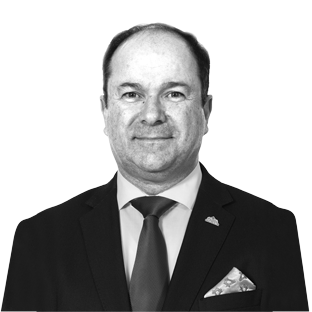
The Portuguese look at health as their main concern. This is the conclusion of a recent poll and comes against a situation identified by professionals in the field; Health issues in Portugal do not result from a financing problem, but from a human and material management model that lacks updating.
Recently, a meeting under the auspices of regular Freemasonry has gathered about 80 health and health management specialists in Luso for a stimulating debate in two parts. On the one hand, the model of the National Health Service and the ways to follow, on the other, the present and future role of artificial intelligence in the sector was discussed.
Since its founding in 1979, in a process led by a known and assumed Freemason, António Arnaut, health is something that regular Freemasonry sees as an essential pillar of the social state and as crucial in the debate on new public policies and new management and labor models.
Many doctors are Masons and this is due, in my opinion, to understand by many experts in this profession of complementarity that Masonic values and practices offer for the performance of the professions of doctor, nurse and health in general.
Returning to AI, it is true that the impact of this new reality on our lives is – and it will be increasingly – transverse and comprehensive. But in no other sector this effect will be so decisive for our lives, literally speaking. In the meeting mentioned above, there was spoken of existing tools that would certainly fill António Arnaut with admiration and amazement. And from others that are profiled for the future, even more amazing.
Google Deepmind’s Alphafold project, which revolutionized the treatment of protein structures and whose algorithm led to the attribution of the Nobel Prize for Demis Hassabis and John M. Jumper, the Neurolink by Elon Musk, which has announced new advances in the development of the brain chip that promises to return to invisuals or the use of models of models of models. Machine Learning In the area of histopathology, used for a series of histopathological interpretation tasks, such as the classification of cancers and tumors, the prediction of genetic mutations and the classification of cells, are just some of the extraordinary advances in this area.
At the same time, AI will also be a key resource in reducing administrative and bureaucratic tasks carried out by health professionals. At the meeting already mentioned, there was even talk of “a maze of legislation” and a “inefficient health governance”. But as AI is applied and public and private health systems are progressively approaching, it is auspicious to think that technology will free people from “paperwork” and leave hours free for the self actually count.
Obviously, there are in all this fundamental questions yet to resolve. For example, the legal framework around AI and issues as basic as responsibility, dissociated from the machines for their absence of legal personality. If something goes wrong in the decision process based on non -human diagnoses, who is supposed to blame?
In addition, there is also a scary dimension at the furious speed with which everything seems to evolve. It is overwhelming to hear, next year, we can have, in our phones, that multiply the capacity of the current ones for a thousand.
According to the professionals who discussed all these issues, AI may not replace doctors, but doctors who use would replace those who do not use. The acceleration movement is unstoppable. But in order not to be overwhelming, it is necessary that, in the Portuguese case, the National Health Service that was a civilizational achievement evolves, rather than defining.
The excellent training, internationally recognized, given to health professionals in our country should monitor the technological evolution, and the investment spared in tasks that will be made by the would be channeled to remunerate properly and retain the talent of our doctors.
In addition to this appreciation, the challenges are multiple, one of the main ones to combat territorial inequalities and asymmetries and the other the response capacity of the NHS to demographic inversion and the increase in life expectancy, something itself positive, but greatly widens the need for treatments and care to the population.
Electronic health records, telemedicine, mobile applications will all follow the transformation through our lives. Since everything will have to be done, not on the fringes of health professionals, but with their active involvement.
In the next decade, society will be transformed in ways we can’t even imagine it yet. There is talk of a new era of “transhumanism” in which machines and people get confused. To all this, Freemasonry will be attentive so that it is not called essential values and achievements for humanity. The public and the private will have to coexist, for the good of all, in a fair and perfect way. Otherwise, we will be lost forever in a dark maze that only intrinsic and exclusively human fraternity will enlighten.
Grand Master of Regular Freemasonry

